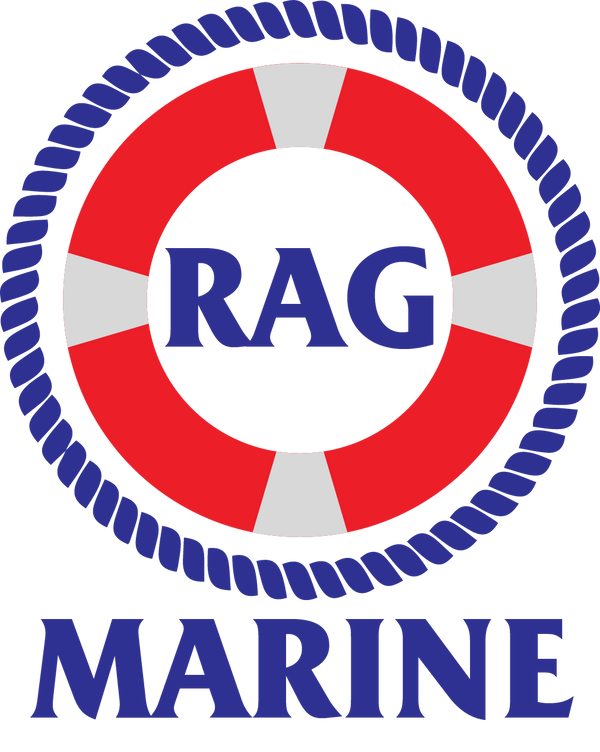Effectively Preventing Boat Fires Before They Start
Share
Boarding a boat should be an enjoyable experience, but unfortunately, the risk of onboard fires can cast a shadow on the journey. Understanding what causes boat fires, and taking the necessary steps for prevention, is essential for keeping passengers safe.
Inspect Electrical Wiring and Equipment Regularly.
Cutting corners when it comes to regular inspections of electrical wiring and equipment could be a deadly mistake. Any wiring or electrical components older than 10 years should be inspected at least annually, as per the standards set by the United States Coast Guard (USCG). Poorly maintained wiring can increase the risk of sparks being generated, leading to serious and even fatal boat fires.
Test Smoke Detectors and Fire Extinguishers.
Smoke detectors and fire extinguishers are essential parts of keeping your boat safe from fires. Even though smoke detectors are usually not required on recreational boats, it is highly recommended that each boat have a smoke detector installed near sleeping quarters as well as in any other areas with high combustible materials. Likewise, having the right fire extinguishers on board can help you put out small flare ups before they become major infernos. Be sure to check these often and replace any that are expired or broken.
Ensure Safe Fuel Handling Practices.
Boats using gasoline or diesel fuel must follow certain guidelines to ensure the safety of everyone onboard. Ensure gasoline and diesel tanks are in good condition, with no leaks or rust. Check for hoses that are cracked or brittle and replace them if necessary. Fuel lines should also be regularly inspected for chafe or abrasion and replaced when needed. Check all low-permeation fuel lines on both outboard motors and inboard engines to make sure they are certified medium permeations hose such as B1-15 hose.
Schedule Regulated Boat Maintenance Checks.
Scheduling regular professional maintenance checks is one of the most effective ways to prevent boat fires. Trained mechanics should routinely inspect boats for any malfunctions and replace parts where necessary. You can also perform daily boat maintenance on your own, such as checking the bilge for oil or fuel leaks, inspecting all electrical wiring connections, and testing smoke detectors and fire extinguishers to make sure they are in proper working order.
Monitor Fire Hazards Closely in the Engine Room and Cabin Spaces.
It is important to be aware of potential fire hazards in the engine room and cabin spaces, and to take steps to minimize those risks. In the engine room, fuel or oil leaks, faulty wiring connections, or an overloaded electrical system can all increase the risk of a boat fire. In the cabin area, food and beverage spills or cooking that is not properly monitored can also pose fire risks. All these areas should be regularly inspected for any problems that could lead to dangerous fires.
